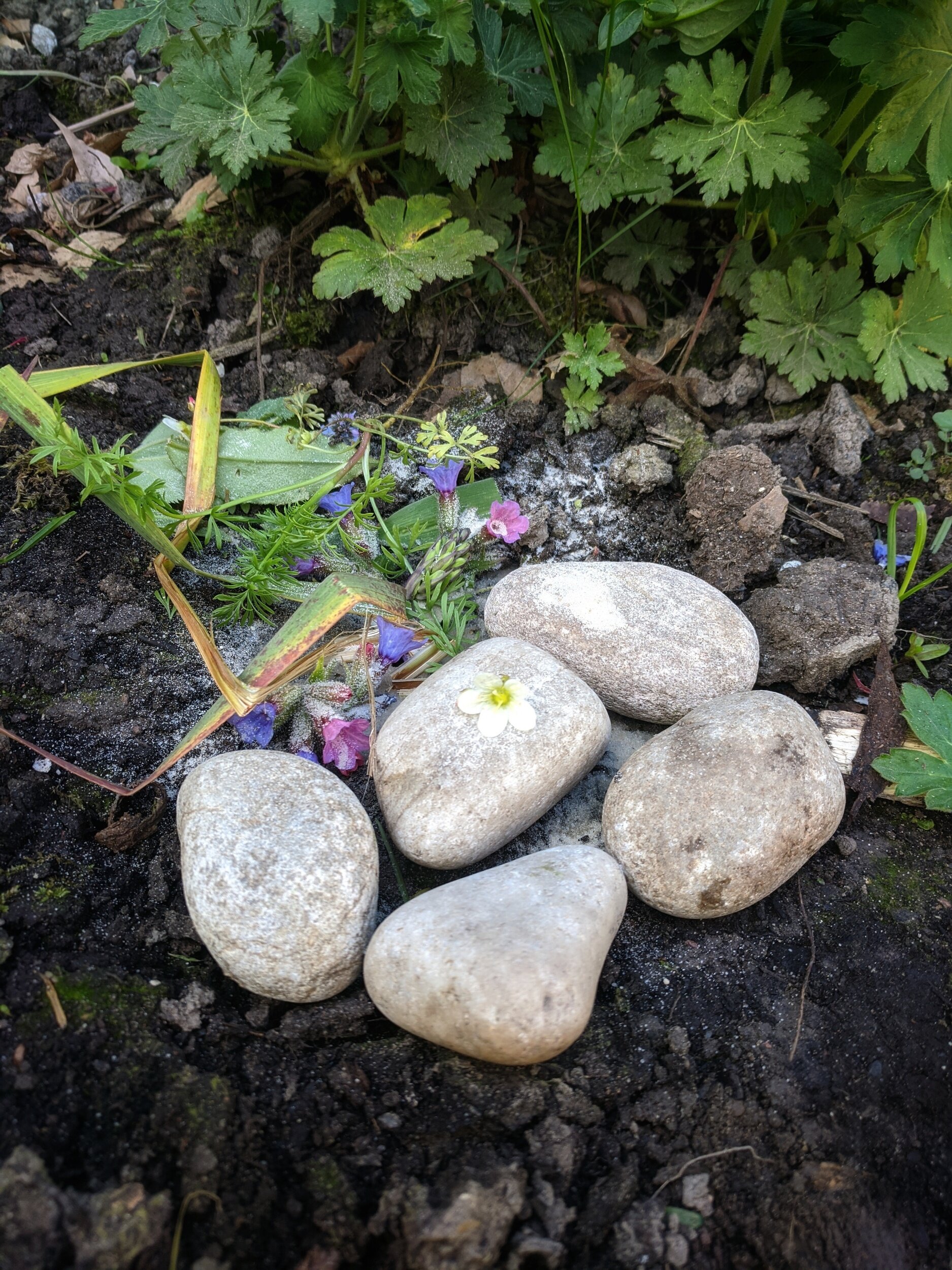World Earth Day
Five things you can do to support World Earth Day today and everyday
Whilst there will always be naysayers who deny the impact our consumerist-driven culture has on our planet, there is no denying the impact that forcing a third of the world to stay at home has had. China saw a (wonderful!) 25% drop in emissions, the Himalayas came into view for the first time in 30 years in northern India but huge amounts of single use waste is being created in the wake of the coronavirus pandemic too.
Unlike any other World Earth Day that's come before, we are acutely aware of what is happening in the world because we can see the direct impact our behaviour is having on the planet and it's people. We are also being forced to slow down, meaning for some it is the first time they will have an opportunity to go out in the world with no goal other than to exercise and see what Mother Earth has on offer right now. Spring gives us a bounty full of temptation, showing us just what there is to come. Nature offers us a beauty that can enliven and calm in equal parts. It's up to us to stop and take note. So let's press pause and use this opportunity to make some small changes that can, in time, yield powerful change.
Here are five things you can do to support World Earth Day today and everyday.
Grow something
Don't think you need to be self sufficient and grow all your own food to make a difference to the planet. A pot of herbs on your windowsill, potatoes in an old bin bag or strawberries in a planter made from a discarded palette will all give you a connection to the season's unlike any other hobby. We're so disconnected with how food is produced now, being able to buy what we want, when we want. By slowing down and growing just one thing it will give you a gentle understanding of the power we have as consumers in the supply and demand we create by eating food out of season for our locality.
Share something
Share a book you've read, a podcast you've listened too, some food you won't get round to eating, items someone else could benefit from, for free. We've forgotten how trading was the norm for our grandparents, preferring to jump on eBay or Amazon and just buy what we need. This week we gave an old door to our neighbour who was missing one. In return, the happened to have some bags of sand they weren't using so we could fix our broken step. I told my blogger friend Emma about Bea Johnson's book. She shared a recipe for making your own degreaser to clean my oven. Sharing is important, it builds a connection unlike anything a contactless payment can provide.
Donate something
My sister is a sewer. She is currently making scrubs for her local hospital to help in the war against Covid-19. She is donating not just her time but also the cost of the fabric. Donating your time is equally as valued as a monetary gift. Consider what you could donate right now that may have a direct impact on the planet. Or if time is a challenge (as it is for me right now with a one year old and a four year old), take a look at the plethora of organisations working for our planet. If you're in the UK and looking for British companies, charities and NPG, this list of 15 by Field.org.uk is a good place to start.
Refuse something
By now we should all have heard of the 3 Rs - Reuse, Reduce, Recycle, but many of us are missing the final two - Refuse and Rot. They are just as important and refusing, making that conscious decision to say ‘I do not need this and I do not need to contribute to the impact producing this thing has had on the planet' is powerful. For example, did you know you don’t have to accept all that junk mail falling through your letterbox? Take a look at my blog post ‘10 ridiculously simple ways to be less wasteful at home’ for how to do it today.
Swap something
By swapping just one single use item for a reusable can have a significant impact on the planet. For example, one child can go through up to 4,000 disposable nappies in their lifetime, and each nappy is estimated to take 500 years to degrade if sent to landfill. On my Instagram TV page you can see a range of videos made by myself and other like-minded parents on how simple reusable nappies can be. If you're just starting out on your own cloth nappy adventure, you might find my Beginner’s Pocketbook to reusable nappies a useful tool.
To quote Anne Marie Bonneau, Zero Waste Chef: “We don't need a handful of people doing zero waste perfectly. We need millions of people doing it imperfectly.”
Let's be imperfect together and change this world for the better. Happy World Earth Day everyone.
Laura
X


